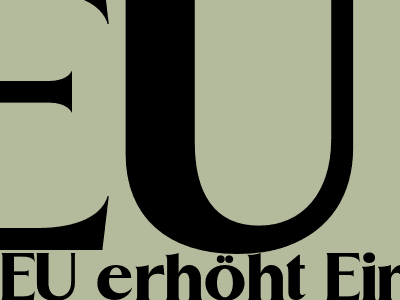
EU Increases Import Tariffs on Electric Cars from China to 45%
Background
The European Union (EU) is moving to impose higher import tariffs on electric vehicles (EVs) from China. This decision follows a surge in EV imports from China in recent years, which has raised concerns over unfair competition for European automakers.
The new tariffs, which will range from 25% to 45%, will be applied to all EVs imported from China with a value exceeding €40,000 (approximately $43,000). The tariffs are scheduled to take effect in June 2023 and will remain in place for two years.
Rationale for the Tariffs
The EU claims that the new tariffs are necessary to protect the European automotive industry from unfair competition from China. The EU alleges that Chinese automakers are able to sell EVs in Europe at artificially low prices due to government subsidies and other unfair practices.
The EU also argues that the tariffs are necessary to promote the development of a competitive European EV industry. By increasing the cost of Chinese EVs, the EU hopes to encourage European consumers to buy European-made EVs.
Impact on Consumers and Automakers
The new tariffs are likely to have a significant impact on consumers and automakers. Consumers will likely have to pay more for Chinese EVs, which will make them less affordable for many people.
Automakers, both European and Chinese, will also be affected by the tariffs. European automakers may benefit from increased sales of their own EVs, while Chinese automakers may see their sales decline.
Implications for the EU-China Relationship
The new tariffs are likely to have a negative impact on the EU-China relationship. China has already threatened to retaliate against the tariffs, which could lead to a trade war between the two sides.
The tariffs could also damage the EU's reputation as a free and open market. China has accused the EU of protectionism, and the tariffs could further erode China's trust in the EU.
Conclusion
The EU's decision to impose higher import tariffs on EVs from China is a controversial one. It is unclear whether the tariffs will achieve their intended goals of protecting the European automotive industry and promoting the development of a competitive European EV industry.
The tariffs are also likely to have a negative impact on consumers and automakers, and they could damage the EU-China relationship. It remains to be seen how the EU and China will respond to the tariffs and what the long-term implications will be.